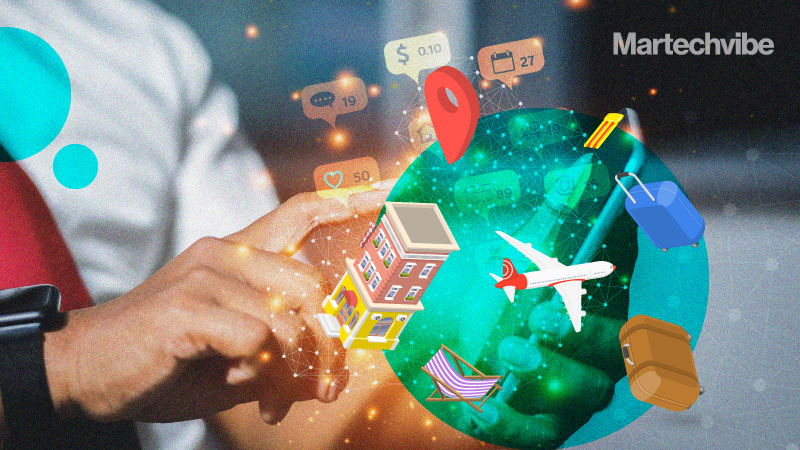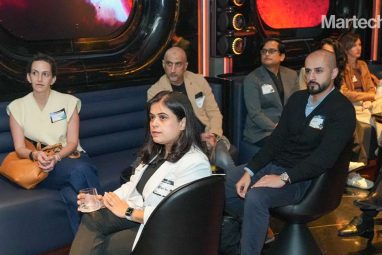Travellers Are 2.45x More Likely To Click On Personalised Push Notifications
MoEngage report covers customer preferences in MEA, and how often they receive relevant information from brands. Spoiler alert – it’s very low. As dependency on third-party data draws to a sudden halt, first-party data has become significant in increasing the likelihood of a purchase and driving customer lifetime value (LTV), revealed a customer engagement benchmark […]
Topics
What to Read Next

MoEngage report covers customer preferences in MEA, and how often they receive relevant information from brands. Spoiler alert – it’s very low.
As dependency on third-party data draws to a sudden halt, first-party data has become significant in increasing the likelihood of a purchase and driving customer lifetime value (LTV), revealed a customer engagement benchmark report for MEA by MoEngage.
This report covers customer preferences, how often they receive relevant messages from brands, and the impact of personalisation on key engagement metrics.
Key Takeaways from the Report:
- Only 27.6 per cent of consumers claim to receive frequent, relevant communication of new releases
- 15.8 per cent of female consumers want to get news alerts or sports updates on WhatsApp
- Email is the fastest-growing channel for shoppers in the Middle East to get updates on new products from shopping brands
- Only 27.20 per cent of shoppers in Saudi Arabia get frequent updates from shopping brands about products they like
- Shoppers are 2.72x more likely to open emails that are personalised based on customer behaviour
- SMS is the fastest-growing channel for consumers to get loan offers and updates from banks
- Travellers prefer to get travel and stay information from mobile in-app messages or website banners
- Travellers are 2.45x more likely to click on push notifications personalised based on customer behaviour
This report shared that by 2025, more than 81 per cent of consumers in the Middle East and Africa will have access to the internet. As the transition to 5G networks gains momentum in the region, an increasing urgency is set in enterprises to build personalised micro-moments for the modern consumer.
MoEngage is an insights-led customer engagement platform enabling hyper-personalisation for customer-centric brands based on behaviour and journey has recently released customer engagement trends and benchmarks in the Middle East and Africa.
MoEngage analysed over 20 billion messages sent over email, push notifications, SMS, mobile in-app, and website banners. It studied over four billion customer interactions to gather 62 customer engagement benchmarks from four industry verticals, including shopping, banking, entertainment, and travel.
Travel Sector
The report revealed that travellers are 2.45x more likely to click on push notifications personalised based on customer behaviour.
The report suggested that based on customers’ browsing or search behaviour and running advertisements on social media platforms brands should share personalised travel and stay informed with their customers.
The report shared that if a customer has not interacted with the brand advertising on social media, brands can send them an email reminding them about the trip they are planning and can create an omnichannel journey that covers multiple touchpoints with their customers.
The report shares insights about where consumers in UAE prefer to get their travel information and hotel regulations for their stay. According to the report, 17.4 per cent of consumers prefer to get their information from mobile push notifications, while 15.8 per cent shared that they receive information from Instagram posts, WhatsApp, and email. Only 13.2 per cent shared that they get information from mobile In-app messages or website banners.
Similarly, 27.6 per cent of consumers in the Kingdom of Saudi Arabia said that they get travel information from Instagram posts and 23.6 per cent shared that they receive this information through email. 17.2 per cent said they get this information from mobile In-App messages or website banners. 12.4 per cent of consumers said that they get information on WhatsApp or Facebook.









































































































